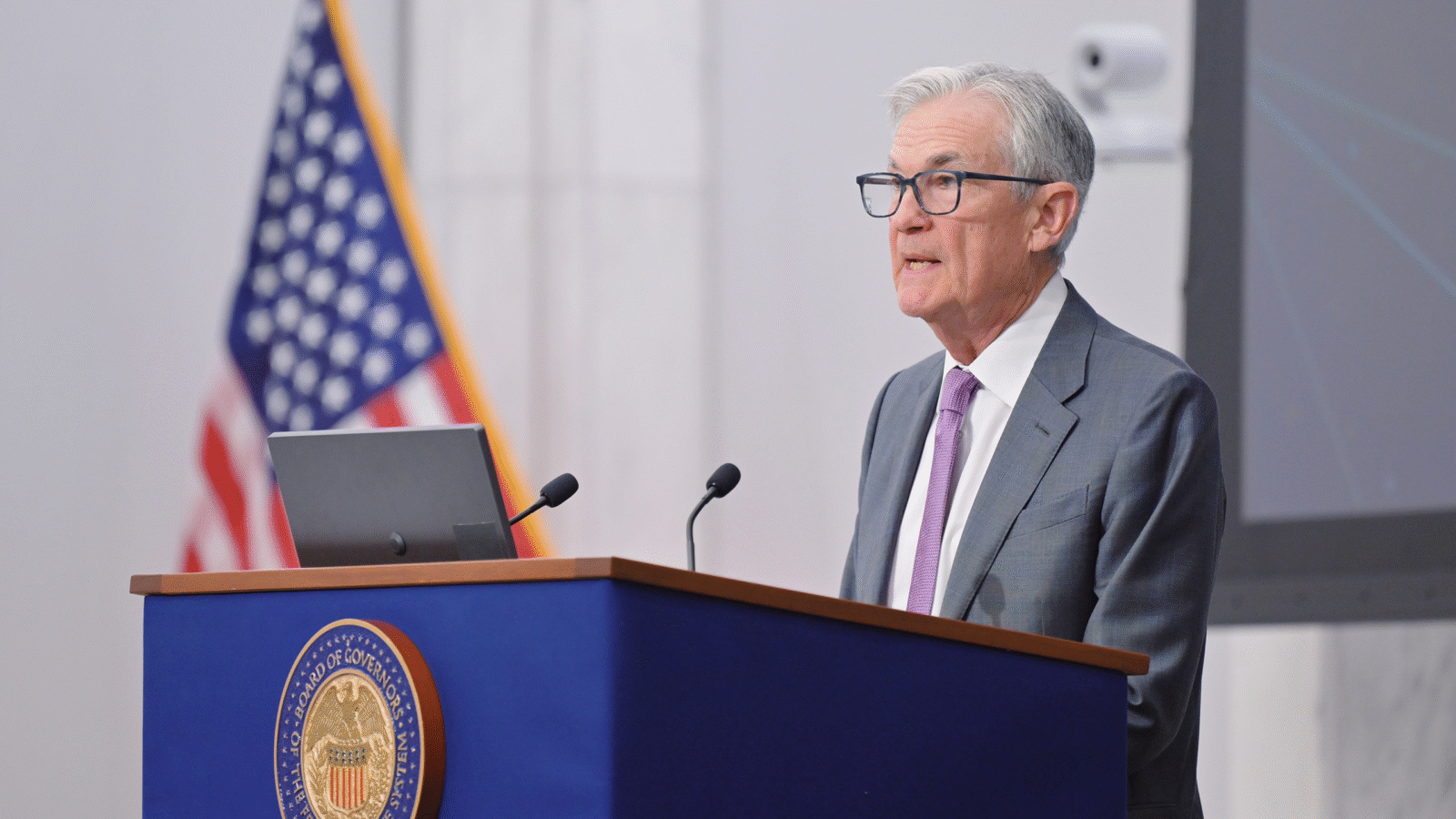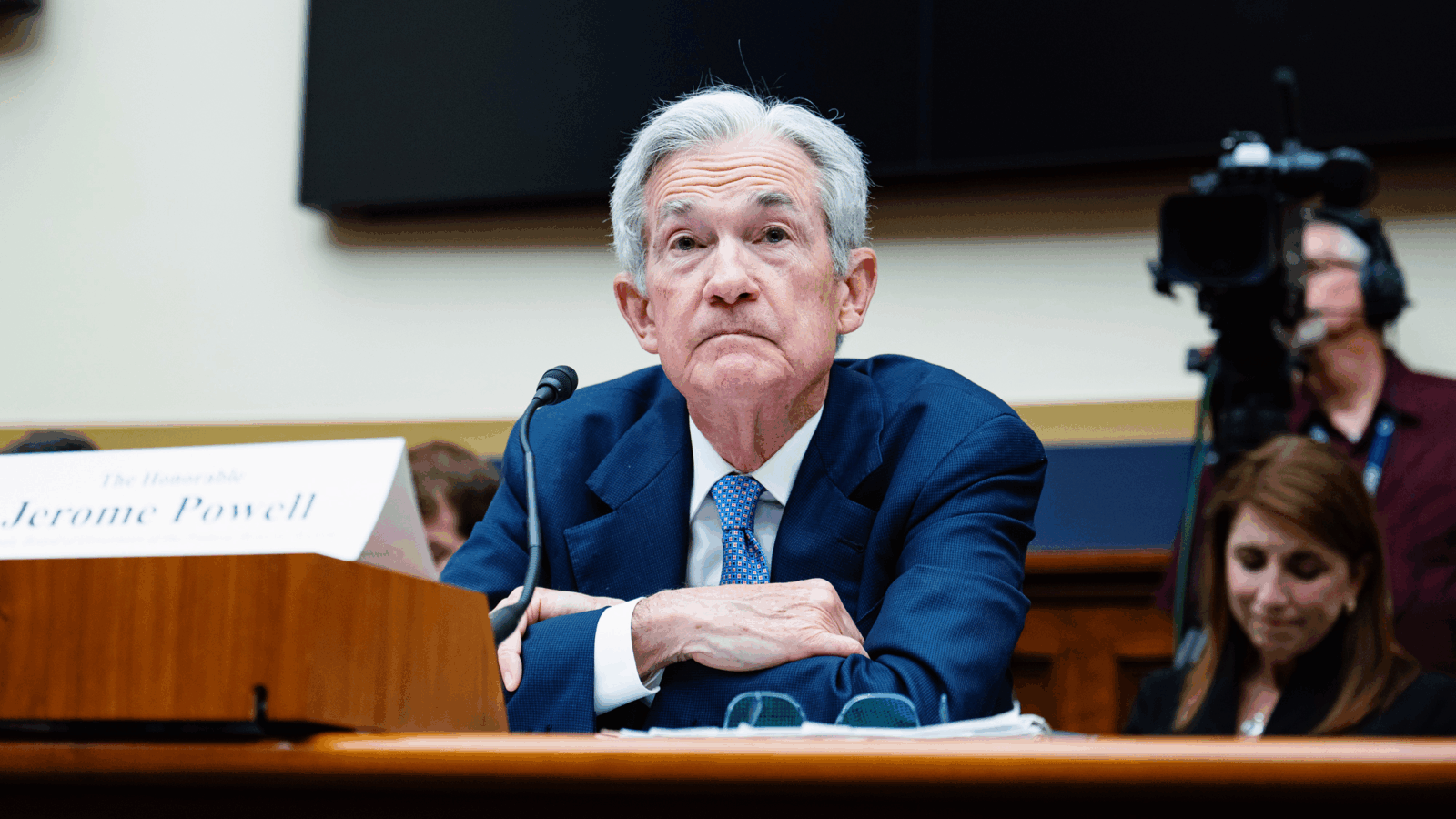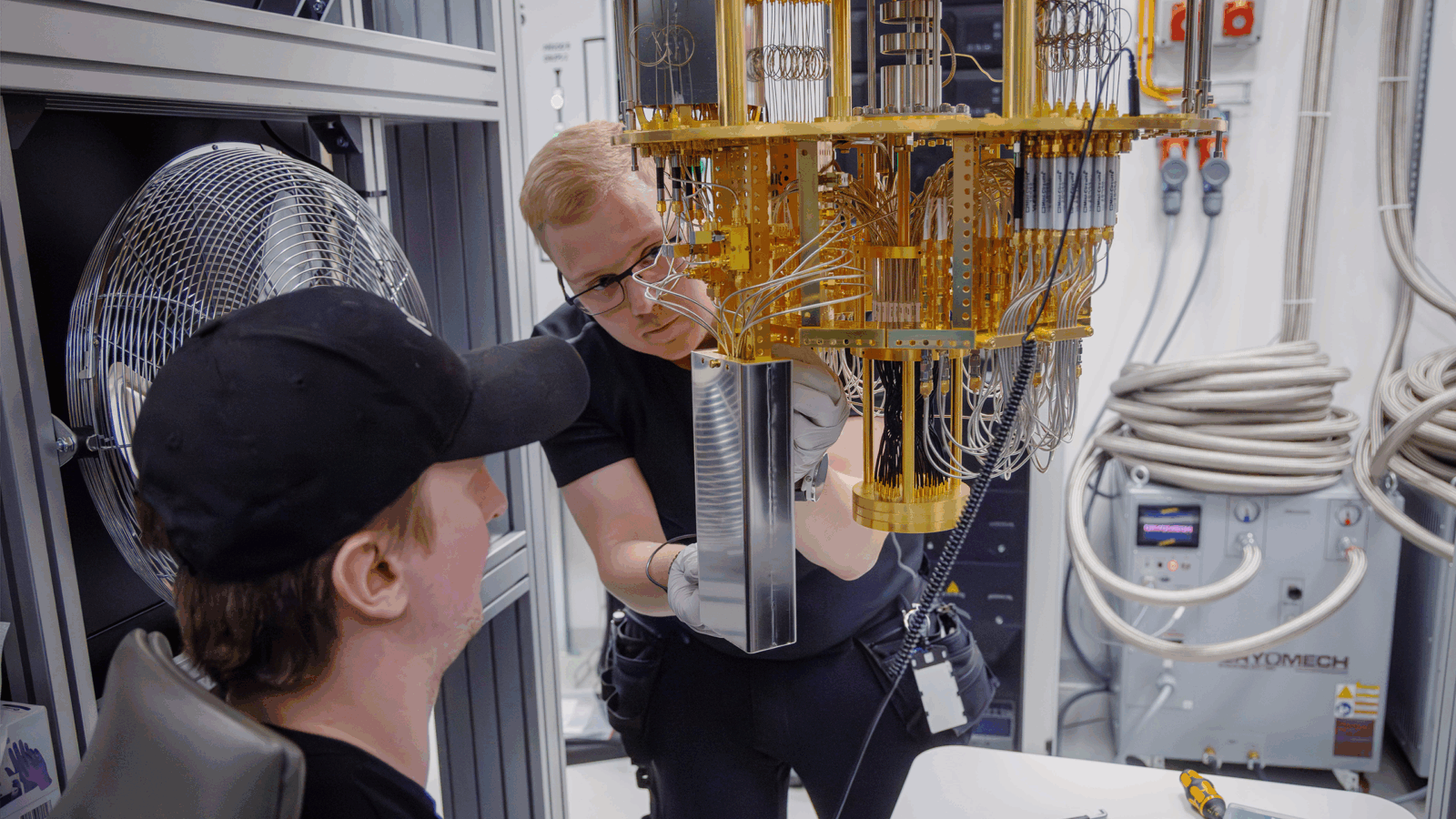
Sign up for smart news, insights, and analysis on the biggest financial stories of the day.
Justice is swift…appeals are not.
After ride-hailing and delivery firms Uber, Lyft, and DoorDash spent more than $200 million campaigning in favor of California’s gig workers law 一 which lets them treat workers as contractors rather than employees 一 a California Superior Court Judge ruled the law unconstitutional on Friday. But as any good corporate lawyer knows, that decision is far from final 一 an appeals process could drag on for a year.
A Clamp on Workers Rights or An Affront to Democracy?
Overwhelmingly approved last November by California voters, Proposition 22 exempted ride-hailing and delivery workers from a 2019 law classifying gig workers as employees. The result allowed Uber, Lyft, and others to keep their business model (of relying on cheap labor to maintain razor-thin margins) intact in the huge California market, without having to worry about coughing up pesky employee benefits like minimum wage, overtime, and workers’ compensation.
But then came Friday’s decision, reversing Prop 22’s stipulations. Uber immediately vowed to appeal, provoking a standoff between two very distinct legal philosophies:
- Judge Frank Roesch ruled Proposition 22 violates the power of California’s legislature to regulate workers’ injury compensation, and that it also violates a constitutional provision to limit laws to a single subject (language to prevent drivers from unionizing was slipped into the bill, which Roesch said “appears only to protect the economic interests of the companies.”)
- On the other hand, California courts have been hesitant to overturn ballot measures for fear of going against the will of voters. The coalition of companies that originally campaigned for the initiative made a predictable appeal to democratic principles, calling the decision “an affront to the overwhelming majority of California voters who passed Prop 22.”
Those companies could win a stay on the judge’s ruling in as little as two weeks, which would mean back to business as usual for Uber et al. in California during an appeals process that could drag on for months or a year.
Losing Decisions and Cash: Even with its business model intact, Uber hasn’t overcome its biggest long-term problem: a seeming inability to turn a profit. Even as ride-hailing traffic has rebounded post-pandemic, the company still reported a $1.2 billion second-quarter operating loss last week.











